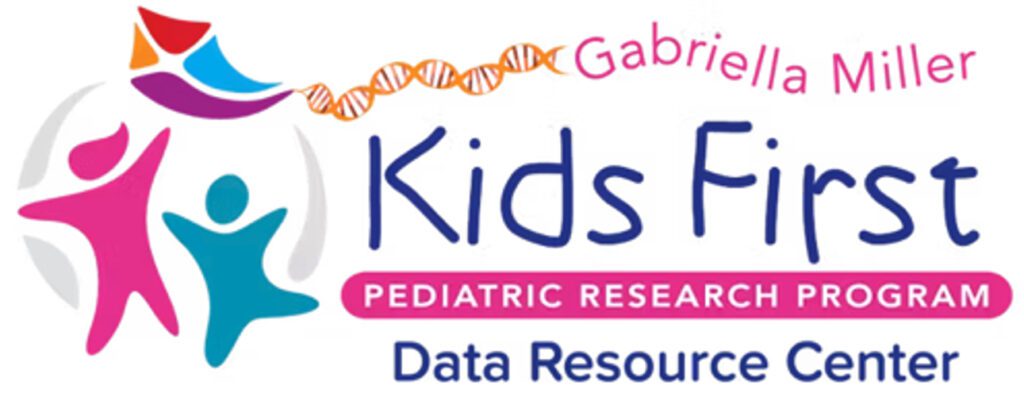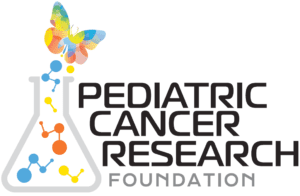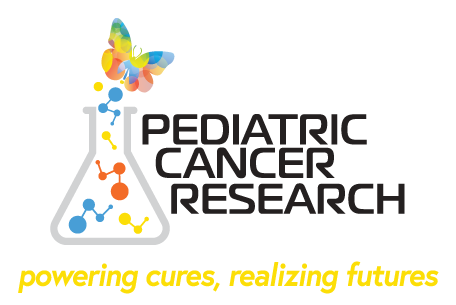By Amanda Saratsis, MD | November 1, 2023
Historically, scientific investigation could be solitary and siloed, due to the competitive nature of the pursuit of ideas and need to secure funding to support research. However, the important concept of “team science” has emerged in recent years, given the evidence that collaborative, multi-disciplinary research has far greater potential to lead to discoveries which can transform disease outcomes. This is particularly true in the case of pediatric cancer research, where experts from around the globe need to work together to tackle big questions and promote innovative ideas. One strong example of this is the Children’s Brain Tumor Network, or CBTN.

Brain tumors are the leading cause of death in children in the United States, and the median age of death in a child with a brain tumor is only nine years old. Despite our best efforts and decades of research, there persists a real and pressing need to improve these statistics through meaningful, impactful research that can lead to discoveries that change brain tumor outcomes. One reason for this lack of progress over time is the relative paucity of access to pediatric brain tumor specimens for molecular study, particularly in the case of rare or deep seated tumors that cannot be safely removed. Without specimens for study, there can be little progress in understanding the biology of this disease, which is needed in order to find more effective treatments.

Enter the CBTN. Launched in 2011 and first known as the Children’s Brain Tumor Tissue Consortium (CBTTC), this organization’s goal was to break down the barriers to collaborative, specimen-based pediatric brain tumor research. Funded by generous donations from foundations and patient families, this organization has grown into a global enterprise with over 32 member institutions across the US, Europe, Asia and Australia that donate tumor tissue, blood, urine, and cerebrospinal fluid specimens from children and young adults with brain tumors. Located in the Children’s Hospital of Pennsylvania in Philadelphia, the CBTN is now the largest biorepository for pediatric brain tumor specimens, with over 40,000 specimens collected from more than 3,600 patient subjects to date. These specimens come from patients with a range of different brain tumor subtypes, and in many cases are collected longitudinally over time, facilitating the study of response to various treatments. Scientists may request these well-preserved specimens to support their research, and can share their findings with the global scientific community, promoting collaboration and accelerating discoveries.

Importantly, and perhaps most innovatively, the CBTN is not just a physical biorepository of tumor specimens, but also a hub for clinical and molecular data that can be accessed by clinicians and scientists to propel research. This is because each patient specimen is paired with clinical data, including patient attributes, disease course, and even brain MR and tissue slice images. In addition, the CBTN performs their own molecular analysis on the bulk of the specimens in their repository, so that researchers can access not only tumor specimens for their own analysis, but sequencing data such as the DNA, RNA, and protein content of these specimens as well. Further, the CBTN provides open use access to cloud-based sequencing platforms, CAVATICA, PedcBioPortal, and the Gabriella Miller Kids First Data Resource Center, as well as bioinformatic support to help facilitate data analysis and harmonization.



As a result of these efforts, the CBTN now supports over 145 ongoing scientific projects with their specimens and / or data, conducted by clinicians and scientists from around the world. In 2019, researchers working with the CBTN generated the Pediatric Brain Tumor Atlas, the largest, most comprehensive molecular characterization of hundreds of brain tumors that can be used by scientists around the world to support their research. In addition, over 170 scientific publications in leading academic journals have resulted from the study of CBTN specimens, characterizing impactful and oten critical research discoveries. Indeed, the CBTN is an unmatched example of the power of collaborative research to accelerate scientific discovery, and serves as an invaluable resource to the pediatric cancer research community.
Amanda Saratsis, MD
Board Member, Scientific Affairs
Jeri Wilson
Executive Director, CSPG




